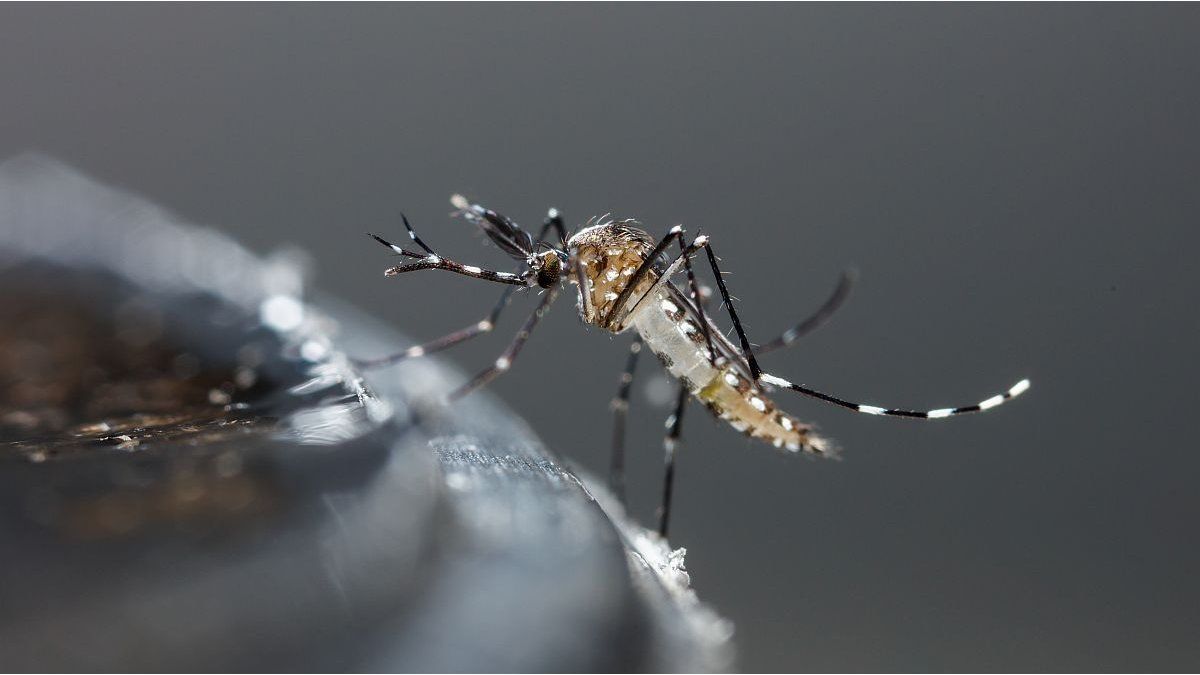Scientists Argentines of the Conicet, from the Mundo Sano Foundation, the University of Salta and the Oswaldo Cruz Institute, from Brazil, discovered a new insecticide more effective against the dengue mosquito.
It is a compound created with pirimiphosmethyl, which belongs to another group, which is not a pyrethroid but an organophosphate, an insecticide that showed 100% efficacy in tests.
What is pirimiphos-methyl?
The lethality of this compound was investigated and published in the journal Parasites & Vectors by Argentine scientists from Conicet.
Pirimiphos-methyl is an insecticide used in the postharvest of stored corn and sorghum grains and seeds.is incorporated into cattle ear tags and is used for fogging treatment of iris bulbs.
Since 1977, the Argentine Pest and Insecticide Research Center (CIPEIN) CONICET, in Villa Martelli, has been researching insects and developing products to control them with a low impact on human health and the environment.
Researchers from that team had already identified an alteration in the genome of Aedes aegypti, which posed a challenge for the control of this species in several regions of the country.
Embed – https://publish.twitter.com/oembed?url=https://twitter.com/MinDefensa_Ar/status/1381000284432830464&partner=&hide_thread=false
Dr. Laura Harburguer works at the @CITEDEF studying mosquitoes that transmit diseases to people.
She and her team contribute to the #ScienceInDefense based on the needs of our country.It is a pride to defend science in Argentina. pic.twitter.com/pHz6cu2f1n
— Ministry of Defense (@MinDefensa_Ar) April 10, 2021
The team led by Laura Harburguer, director of the study and a Conicet researcher at the Institute for Scientific and Technical Research for Defense (Ministry of Defense) and CIPEIN, had discovered these genetic mutations in mosquitoes that provided them with a certain immunity or resistance to the most commonly used insecticide.
The advantage of the new compound “The fact is that 100% of the mosquitoes that we evaluated from all the populations studied (Oran and Tartagal in Salta, Clorinda in Formosa and Puerto Iguazú in Misiones), the four populations in the country were susceptible, that is, all the mosquitoes died, which could be considered a new alternative in the next control campaigns.”he explained Hamburger to the Scientific News Agency of the National University of Quilmes.
The compound that showed such efficacy in the tests is not yet approved in Argentina, but the WHO recommends it for the control of Aedes Aegypti in other countries.
So far in 2024, the presence of the Aedes Aegypti mosquito has increased dengue cases in the country to almost 500,000.
Source: Ambito
I am Pierce Boyd, a driven and ambitious professional working in the news industry. I have been writing for 24 Hours Worlds for over five years, specializing in sports section coverage. During my tenure at the publication, I have built an impressive portfolio of articles that has earned me a reputation as an experienced journalist and content creator.




